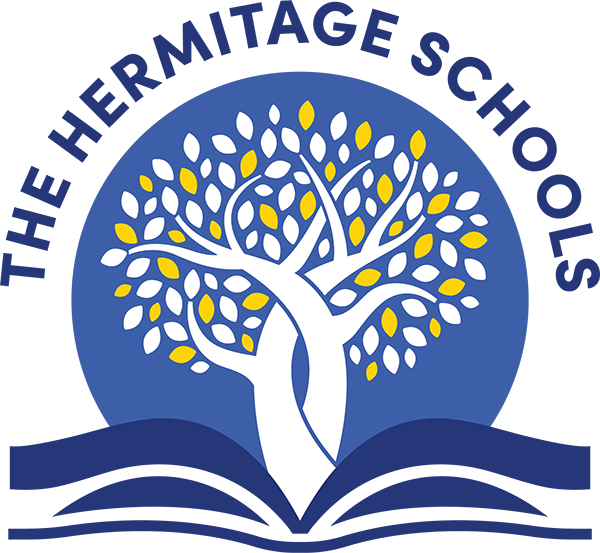Infant School Maths
At The Hermitage Infant School our aim for Mathematics is:
- to enable the pupils to make sense of the world around them by developing each individual's ability to calculate, to reason and to solve problems in a range of contexts;
- to build pupils' confidence and to promote the pupils' enjoyment of and enthusiasm for the subject through a variety of creative teaching styles including practical activities, exploration, discussion and fun (role-play, web-sites, programmable toys, board games, outdoor activities, etc);
- to develop the pupils' skills in, and knowledge and understanding of mathematics and their ability to apply what they have learned in mathematics to other curriculum areas and their everyday lives.
Learning Objectives
The pupils will be able to:
- use numbers and the number system confidently within the daily mathematics lesson, other curriculum areas, the outdoor environment and in their everyday lives;
- develop their ability to solve problems through decision-making, reasoning and asking and answering questions using correct mathematical language in a range of investigations;
- develop an understanding of pattern, the properties of shape and space and develop measuring skills in a range of contexts.
- gather information from a variety of sources and develop their practical understanding of the ways in which information and numerical data can be presented;
- select and use the appropriate mathematical strategies and equipment, and use and apply their learning in a variety of everyday situations.
How teaching is organised:
Mathematics is a core subject in the National Curriculum.
The Foundation Stage Curriculum is used as a framework for planning in our Reception classes. The mathematical aspects of the pupils' work relate to the objectives set out in the Early Learning Goals which underpin the curriculum planning for this age group.
In Key Stage 1 at The Oaktree School we use The New National Curriculum supported by the Mastery Curriculum as the basis for implementing the statutory requirements of the programme of study for mathematics. This is delivered through Maths lessons which vary across the year groups to suit the children’s needs and ability groups, in Key Stage 1, some small group work and hands on experiential learning in Year R and KS1.
General approach:
- Within the daily lesson there is a balance between individual, group and whole class direct teaching.
- Pupils are encouraged to ask as well as answer mathematical questions during practical tasks and within class and group discussions. Paired and small group speaking and listening activities are undertaken on a regular basis.
- Pupils are encouraged to use a wide range of resources and visual reminders when being introduced to a new concept (concrete strategies) such as colour matched number lines, Maths wall displays, Numicon resources, which are freely available, stored and clearly labelled in each classroom. Further shared Maths resources are stored in the Curriculum Cupboard.
- Pupils are encouraged to record their work when appropriate and explain their thinking.
- In Year 1 and Year 2 Computing is used in mathematics lessons where possible to enhance learning. In Key Stage 1, Mental Warm-ups and the introduction to the Main Activity are regularly taught using the Interactive Whiteboards.
- Cross-curricular links to other subjects within the curriculum are made and these links are clearly indicated on the half-termly topic webs.
- Wherever possible the challenge of the task is matched to the ability of the individual. This is achieved through detailed planning, which ensures continuity and progression, and through a range of teaching strategies including; differentiated questioning; differentiated group work; pupils working in mixed ability pairs; ability grouping allows from specific individual and small group support both from teachers and Tas.
- All children learn Math's by utilising their fluency, reasoning and problem-solving skills.
Assessment, Recording and Reporting
Assessment in mathematics is formative and informs planning. Summative assessments are carried out termly for Year 2 in the annual End of Key stage Assessments.
The staff work closely to ensure the smooth transition from Foundation to Key Stage 1 and Key Stage 1 to Key Stage 2.
Long-term assessment:
In Key Stage 1, long-term assessments are made using end-of-year tests and teacher assessments. The national tests are used for the children in Year 2. A summary of each child's progress throughout the school year is then reported to and discussed with parents and with the child's next teacher, or new school.
Parental Involvement
Parents are welcome to help in Maths lessons throughout the school. Termly visits to the classrooms are encouraged and the pupils are encouraged to involve their parents in the Home Learning Challenges that are detailed in topic grids/webs that are posted onto Google Classroom. Annual Reports inform the parents of their child's progress in Mathematics, as do the Parent Consultation Evenings.

